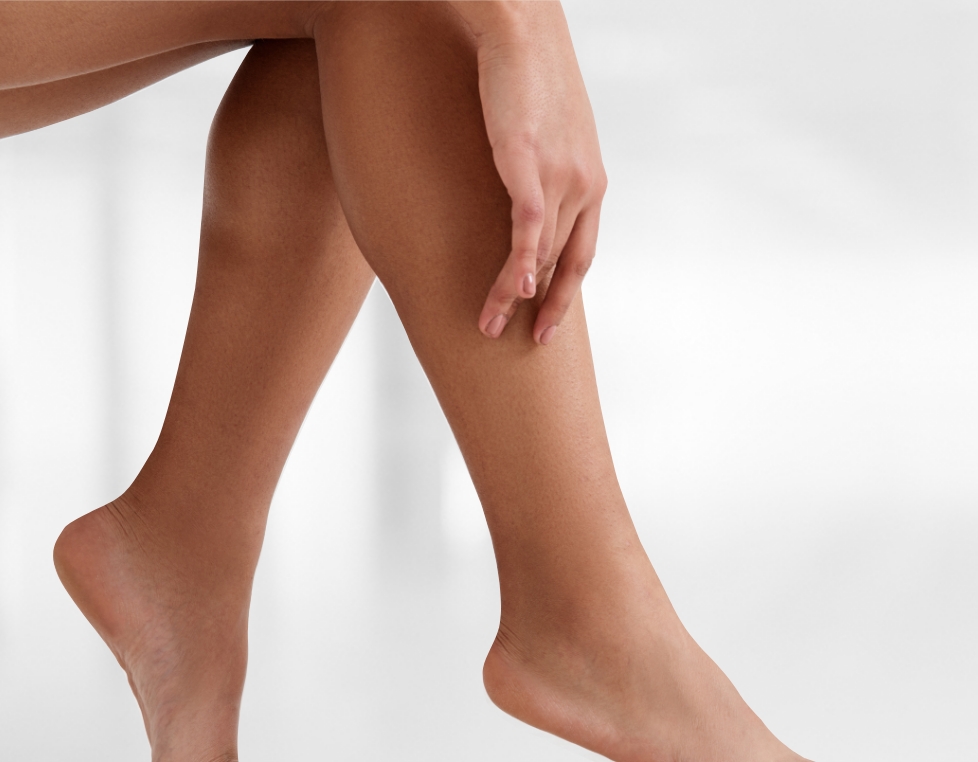Top Long Island Vein Doctors
What Kind of Doctor Specializes in Veins?
What kind of Doctor Specializes in Veins?
The medical term for a doctor specializing in veins is “phlebologist.” The name comes from “phlebology,” the branch of medicine dealing with vascular health and vein problems, such as spider veins, varicose veins, and chronic venous insufficiency. However, vein doctors can come from all fields of medicine. They can be cardiologists, cosmetic surgeons, dermatologists, anesthesiologists, or hospitalists. The only requirement for doctors to practice vein treatments is that they should have sufficient training in the diagnosis and treatment of vein problems.
What kind of Doctor Removes Varicose Veins?
In the past, only vascular surgeons were qualified to remove varicose veins. That’s because all varicose vein treatments were surgical, such as vein ligation, venous bypass surgery, and vein stripping. Vascular surgeries generally involve multiple excisions, hospitalization, general anesthesia, and considerable downtime. However, over the past two decades, vascular surgeries have been replaced by minimally invasive spider vein and varicose vein treatments that involve minimal incisions and downtime while being safer.
Minimally invasive spider vein and varicose vein treatments can be performed by all kinds of healthcare professionals, as mentioned earlier. That’s why you often find vein treatments listed amongst the services in medical spas. However, the lowering of the barrier to entry also means fairly inexperienced doctors can provide vein treatments, which can increase the risk of side effects, complications, unwanted results, and vein disease recurrence. That’s why you must select the best vein doctors in Long Island.
How to Find the Best Vein Doctor in Long Island?
When looking for vein doctors for your spider veins and varicose veins, you must focus on dedicated vein treatment clinics in Long Island. You can be assured that vein doctors within vein clinics will specialize in vein problems rather than offering vein treatments as one amongst many other procedures. You should also look for vein doctors with official recognition from the American Board of Venous and Lymphatic Medicine, an organization that only certifies the country’s leading vein doctors.
Most importantly, your vein doctor should only provide minimally invasive spider vein and varicose vein treatments after carefully diagnosing the root cause of your vein problems. You should look for two potential red flags:
- If the vein doctor curates a vein treatment plan without performing an ultrasound scan, there’s a strong chance that they’re focusing on cosmetic relief. As such, your spider veins and varicose veins may return later because the underlying problem hasn’t been addressed.
- If the vein doctor recommends surgical treatments, such as vein ligation and vein stripping, you must look for other vein doctors. That’s because vascular surgeries are more complex, inconvenient, and risky.
- If the vein doctor says you can’t get insurance coverage for vein treatments, you should be skeptical. Most varicose vein treatments are covered by insurance, especially if you have underlying chronic venous insufficiency.

We know health insurance is confusing so we will help you check if you’re covered:
FREE Coverage Checker:
What are the Signs I Need to see a Phlebologist?
Most patients consult phlebologists when they notice spider veins and varicose veins. Spider veins are dense clusters of blood vessels visible just underneath the skin’s surface. They look like spider webs spreading outwards from a central location. Varicose veins are dense masses of blood vessels that protrude out of the skin’s surface, looking like twisted, tangled, and knotted ropes. Spider veins and varicose veins are the most visible signs of vein disease.
However, you should ideally consult vein doctors before you get spider veins and varicose veins. In most cases, spider veins and varicose veins are preceded by other signs and symptoms of chronic venous insufficiency, such as leg heaviness, restless leg syndrome, frequent leg cramps, and leg swelling. These symptoms indicate poor blood circulation in the veins, often because of malfunctioning vein valves. If you consult vein doctors at this stage, they might address the underlying issue before you get spider veins and varicose veins.
The following is an overview of the signs and symptoms of chronic venous insufficiency:
- Leg heaviness
- Leg pain
- Leg swelling
- Leg cramps
- Restless leg syndrome
- Skin discoloration
- Spider veins
- Varicose veins
- Leg ulcers
- Symptoms worsen at the end of the day

Visit Our Long Island Vein Treatment Center
How to Prevent Varicose Veins and Spider Veins?
Spider veins and varicose veins generally appear because of underlying chronic venous insufficiency, a medical condition wherein the collapse of vein valves makes blood flow backward and accumulate in the leg veins. Your vein valves can malfunction for numerous reasons, such as genetic predisposition, hormonal changes, pregnancy, weight changes, age, or an occupation that involves long periods of inactivity.
As such, there are no definite means of preventing varicose veins and spider veins. Some people are simply more likely to experience vein disease for a combination of factors. However, you can minimize the risk of varicose veins and spider veins with these lifestyle changes:
- Wear compression stockings to facilitate proper blood circulation.
- Engage in exercises that work your calf muscles and push blood towards the heart, such as running, swimming, cycling, and yoga.
- Elevate your legs above your heart’s level while sitting down.
- Take short walking breaks after every 30 minutes if you have a sedentary job.
Does Drinking Water Help Varicose Veins?
Drinking water is essential for most physical and mental functions. It improves blood circulation and strengthens the vein valves, which can reduce the risk of vein disease. However, drinking water won’t treat varicose veins because it can’t fix the damaged vein valves. The only way to treat varicose veins is through minimally invasive spider vein and varicose vein treatments at a reliable vein treatment clinic in Long Island.
Long Island
Vein Specialists
Meet your Long Island NY Vein Doctor
With Harvard Trained Medical Directors, our vein clinic Long Island sources only the top spider and varicose vein experts in the country.


Change your life
Join thousands of happy patients just like you
Vein treatments are often covered by major medical insurances, including Medicare. How do you know if your insurance will cover your vein treatment?
Contact us
CALL US
Speak with one of our team members to ask any questions you may have, verify your insurance and book an appointment at your earliest convenience. (631) 629-1118
BOOK APPOINTMENT
You can give us a call at (631) 629-1118 or fill out one of our forms here to request a call back; one of our team members will call you and help you verify your insurance coverage before booking your appointment.
Get directions
Visit us at our Long Island Vein Treatment Center located at 481 West Montauk Highway.